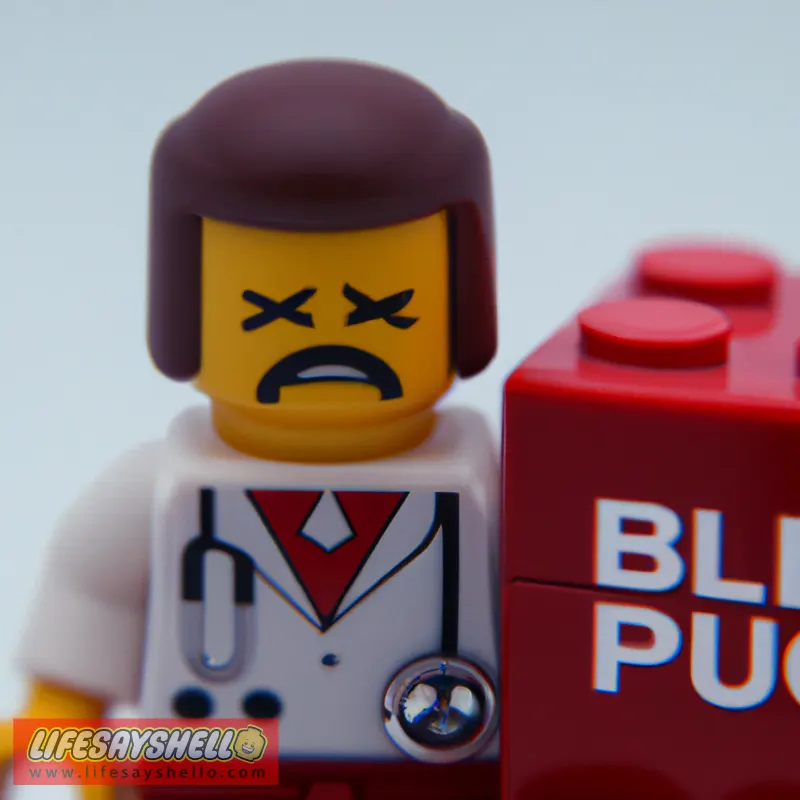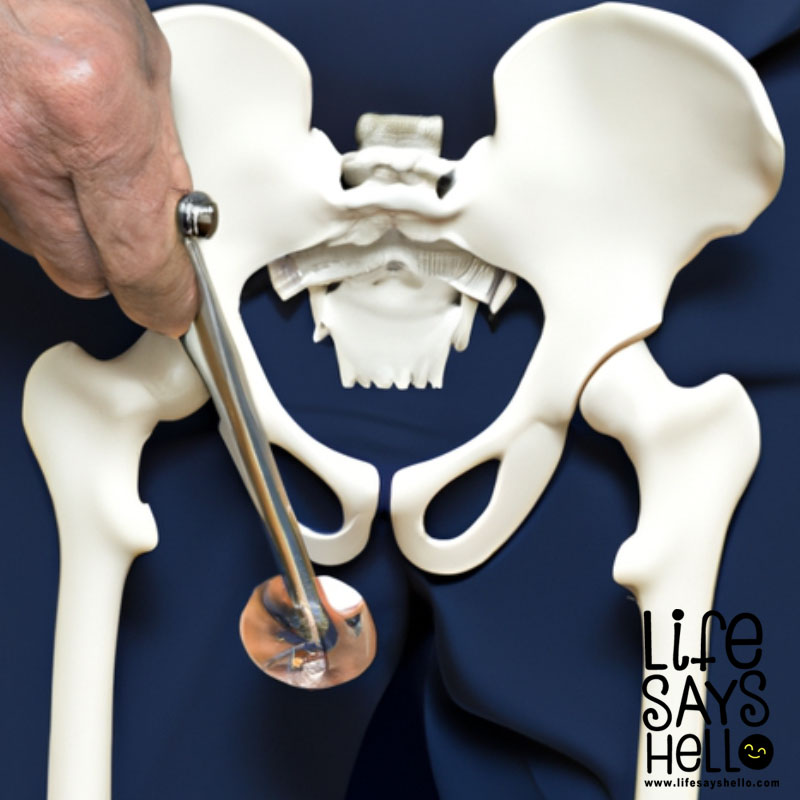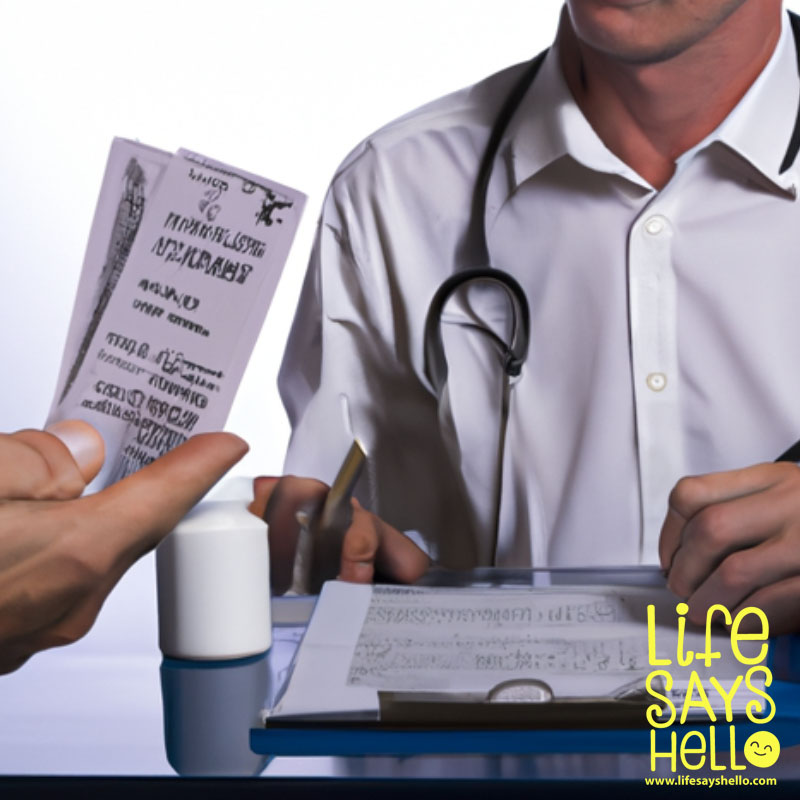What Symptoms of High Blood Pressure Should You Watch Out For?

High blood pressure, also known as hypertension, is often called the “silent killer” because it usually has no obvious symptoms. But some symptoms can indicate dangerously high blood pressure that needs immediate medical treatment. This article will cover the major symptoms of high blood pressure you should watch out for, as well as symptoms that may be unrelated.
High blood pressure affects nearly half of American adults, yet many don’t even know they have it. The only way to diagnose high blood pressure is through regular screenings by a healthcare professional. If you experience any severe symptoms associated with high blood pressure, seek medical attention right away.
Symptoms of High Blood Pressure to Watch Out For
While high blood pressure often has no noticeable symptoms as it develops, some symptoms can indicate hypertensive crisis and dangerously high blood pressure that needs immediate treatment. Symptoms that could signal a hypertensive crisis include:
Severe Headaches
If you suddenly develop the worst headache of your life, it could signal high blood pressure. Extreme headache pain located in the back of the head and neck can indicate severely elevated blood pressure.
A hypertensive crisis causes the blood vessels in the brain to constrict. This triggers severe vascular headaches. If you develop a sudden, severe headache unlike anything you’ve experienced before, seek medical attention immediately. It could save your life.
Nosebleeds
Nosebleeds can occur with chronically high blood pressure as well as severely elevated blood pressure. Hypertension causes the arteries and veins in the nasal cavity to constrict. This can dry out the nasal membranes and cause cracks that bleed easily.
Nosebleeds are fairly common, especially in dry climates. But if you suddenly start experiencing frequent nosebleeds this could signal underlying high blood pressure. It’s important to get your blood pressure checked.
Fatigue
Fatigue and weakness are common symptoms that can accompany high blood pressure. Chronically elevated blood pressure forces the heart to work harder to pump blood through the body. Over time, this excessive workload can drain your energy levels.
If you feel chronically fatigued without explanation, it may be a clue to get your blood pressure evaluated. Sudden severe fatigue along with headache, chest pain or shortness of breath can indicate hypertensive crisis requiring emergency care. Don’t ignore new onset fatigue - ask your doctor to check for high blood pressure.
Confusion
Confusion, memory loss and difficulty concentrating can also indicate severely elevated blood pressure. Extremely high blood pressure reduces blood flow to the brain. This impairs cognitive function.
Mental status changes signal that hypertension is reducing blood flow to the brain. If you suddenly experience confusion seek medical care immediately, as this symptom indicates a hypertensive emergency.
Vision Problems
High blood pressure can cause damage to the small blood vessels in the eyes. This can lead to vision problems like:
- Blurry vision
- Double vision
- Diminished peripheral vision
- Vision loss
Retinal damage from high blood pressure is a leading cause of blindness. If you experience new vision changes, get your eyes examined and blood pressure checked right away. Sudden onset eye symptoms with headache and dizziness can signal hypertensive crisis.
Chest Pain
Chest pain is one of the most concerning symptoms of elevated blood pressure. Hypertension places excess strain on the heart and arteries. This can cause:
- Angina - chest pain from reduced blood flow to the heart
- Aortic dissection - a tear in the aorta that requires emergency surgery
- Heart attack - critically blocked coronary arteries
Chest pain should never be ignored. Call 911 or seek emergency care immediately if you experience chest pain along with symptoms like shortness of breath, sweating, nausea, or pain radiating into the jaw, arms or back. Rapid treatment for heart attack or aortic dissection can be lifesaving.
Difficulty Breathing
Shortness of breath (dyspnea) can occur with chronically high blood pressure or hypertensive crisis. Hypertension strains the heart’s ability to pump efficiently. This causes fluid buildup in the lungs making breathing difficult.
Sudden onset breathing difficulty with chest pain or other high blood pressure symptoms signals an emergency. Call 911 immediately if you experience difficulty breathing along with dizziness, chest pain or fainting.
Irregular Heartbeat
High blood pressure strains the cardiovascular system and can cause arrhythmias - irregular heart rhythms. Two types of arrhythmias associated with hypertension are:
- Atrial fibrillation - the upper chambers of the heart beat chaotically
- Ventricular tachycardia - dangerously fast heart rate from the lower chambers
Both these arrhythmias can cause palpitations, dizziness, shortness of breath and chest pain. Seek medical treatment if you experience these symptoms, as untreated arrhythmias can lead to heart failure or stroke.
Blood in Urine
Hypertension can cause damage to the kidneys and their blood vessels. This allows blood proteins to leak into the urine.
Blood in the urine, known medically as hematuria, causes urine to appear pink, red or brownish. While hematuria can result from other conditions like UTIs or kidney stones, it may also signal chronic kidney damage from high blood pressure.
See your doctor for any unexplained blood in the urine. You may need additional kidney function testing and treatment to control your blood pressure.
Pounding Sensations
As hypertension reaches life-threatening levels, you may experience a sensation of pounding, fluttering or throbbing in your chest, neck or ears. This alarming symptom is your body’s way of signaling that your blood pressure is critically high and needs emergency treatment.
Pounding sensations indicate that the blood is flowing through your arteries with such force that you can feel its pulsing impact. Never ignore pounding or fluttering sensations in your vital organs. Seek medical help immediately, as this symptom can precede stroke, heart attack or kidney failure.
Seizures
A sudden, severe spike in blood pressure can cause seizures due to hypertension’s effects on the brain. Hypertensive crisis deprives the brain of oxygen and nutrients, which causes electrical disturbances that result in seizure activity.
Seizures require emergency medical treatment. Call 911 if you or someone with known hypertension experiences a seizure along with symptoms like headache, chest pain, difficulty breathing or vision changes.
Prompt treatment of elevated blood pressure is essential to prevent permanent brain damage from seizures. Ongoing seizures can progress to life-threatening status epilepticus.
Symptoms Not Always Related to High Blood Pressure
Some symptoms like dizziness and sweating are loosely associated with hypertension, but not always directly caused by it. These include:
Dizziness
Dizziness is a vague symptom with many possible causes beyond high blood pressure, like inner ear disorders or medication effects. However, severely elevated blood pressure can promote dizziness due to inadequate blood flow to the brain.
Chronic dizziness with no other explanation warrants a check of your blood pressure along with your ears. Sudden severe dizziness with headache or fainting needs emergency care to rule out stroke risk.
Nervousness
Anxiety, restlessness and agitation are common general symptoms. High blood pressure may increase feelings of nervousness due to effects on the brain and stress hormones. However, anxiety has many causes and does not always indicate hypertension.
Discuss any unexplained nervousness or agitation with your doctor. Ruling out underlying conditions like high blood pressure can provide peace of mind if tests are normal.
Sweating
Excess sweating (hyperhidrosis) is an early autonomic nervous system sign that sometimes accompanies high blood pressure. However, many other medical conditions like thyroid disorders, carcinoid syndrome and menopause also cause heavy sweating.
Unexplained frequent sweating warrants a complete medical workup including blood pressure measurement. Evaluate any sweating that occurs suddenly or affects only one side of the body.
Trouble Sleeping
Sleep disturbances like insomnia can stem from stress associated with living with high blood pressure. However, many factors beyond hypertension can also cause insomnia.
See your doctor if you experience chronic sleeplessness. Be sure to mention any other symptoms you may have. Underlying conditions like high blood pressure, if identified, can be treated to improve your sleep.
Facial Flushing
Facial flushing with a reddish or warm sensation in the face, neck and chest area can occasionally happen with high blood pressure as blood vessels dilate. But flushing more often results from alcohol, sun exposure, rosacea, menopause or reactions to certain foods and medications.
Discuss any unexplained flushing with your physician to identify potential causes. Flushing accompanied by headache, palpitations or shortness of breath should be medically evaluated.
Blood Spots in Eyes
Tiny, pinpoint hemorrhages called subconjunctival hemorrhages can appear in the whites of the eyes with hypertension, but also with sneezing, coughing, vomiting or trauma. Eye freckles alone don’t necessarily indicate high blood pressure.
Any clusters of unexplained red spots on the whites of the eyes warrant an eye exam and blood pressure check. But remember, subconjunctival hemorrhages have many causes besides hypertension.
Importance of Getting Blood Pressure Checked Regularly
The bottom line is that high blood pressure often develops without any obvious symptoms. This makes regular screening vitally important. All American adults should have their blood pressure checked at least once a year.
More frequent monitoring is needed if you have elevated readings, or risk factors like smoking, obesity, high cholesterol, family history, or chronic conditions like diabetes or kidney disease. Home monitoring can help track blood pressure control between doctor visits.
Don’t ignore symptoms that could signal high blood pressure, like severe headache or chest pain. But also remember that some common symptoms like dizziness and insomnia have many causes other than hypertension. The only way to diagnose high blood pressure is to have a medical professional measure it.
Uncontrolled high blood pressure is a leading cause of heart attack, stroke, heart failure, kidney failure and blindness. Getting tested regularly and treating elevated readings can help prevent these serious complications. If your blood pressure is high, work with your doctor on lifestyle changes and medication to control it.
Know your blood pressure numbers. Listen to your body. And seek medical care if you ever experience severe symptoms associated with critically elevated blood pressure. Controlling hypertension is one of the most important things you can do to protect your health now and in the future.




Comments